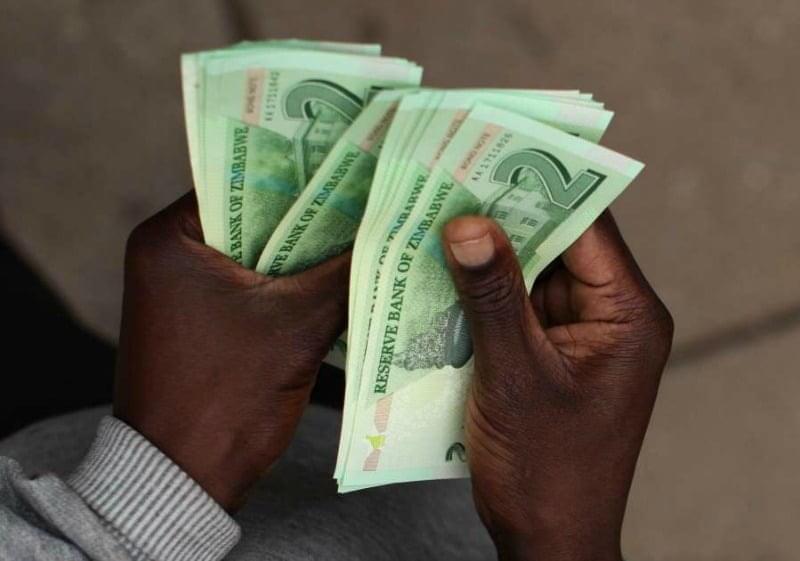THE Confederation of Zimbabwe Industries (CZI) says the country is now in hyperinflation citing the shooting up of the blended month-on-month rate by nearly 59 percentage points last month.
This time, hyperinflation is a result of the local currency losing more than half of its value in June this year due to unbridled expansion of the money supply.
According to its latest inflation and currency update report, CZI said hyperinflation occurs when the prices of goods and services rise more than 50% per month.
“The month-on-month blended inflation rate increased from 15,7% in May 2023 to 74,5% in June 2023. This translates to a gain of 58,7 percentage points, which is the biggest jump in blended month-on-month inflation since its inception in 2020,” the report read in part.
“This means that in June 2023, Zimbabwe officially entered into hyperinflation, despite the reported inflation figures being weighted. However, this should not be surprising to the consumer who witnessed escalation of prices during the month, with ZWL$ (Zimbabwe dollar) prices being adjusted almost on a daily basis.
“Economies can hardly survive hyperinflation and the fact that the main driver of the inflation (depreciation of the parallel market exchange rate) seems to be under control is positive as it means that month-on-month inflation will be expected to take a sudden plunge again in July 2023.”
CZI said damage had already been done on the annual inflation front, as all the set targets were no longer achievable.
The annual blended inflation rate gained a whopping 89,2 percentage points to close June at 175,8% from the prior month.
“This means that after some months of staying within double figures, blended annual inflation is starting to spiral out of control again. With the first half of the year now gone, inflation policy targets for year-end are now unrealistic. The Reserve Bank of Zimbabwe expected the annual blended inflation rate to decline progressively and reach 10%-30% by the end of 2023,” CZI said.
“This is definitely not going to be realised as even if somehow the June Consumer Price Index was to remain constant all the way up to December, the end of year inflation would be 105%. This means that annual blended inflation will still be in triple digit figures come December 2023.”
CZI said using just Zimbabwe dollar pricing, based on the old model of inflation, the annual change in the total consumption line was about 394,8% in June 2023 and based on the CZI model, annual local currency inflation was estimated to be about 360%.
“This level of inflation as informed by the model is very revealing, as it reflects that it is not only the ZWL$ inflation that moved the blended inflation but that the USD inflation also contributed,” CZI said.
Solutions put forth by the government to tame inflation have been focused on restoring the value of the Zimbabwe dollar, namely, withholding local currency from the market, mopping up excess liquidity and increasing demand for the Zimdollar.
Government has delayed paying its suppliers and is opting to pay them as well as civil servants in US dollars.
Treasury has also directed that most duties be paid in local currency, ordered local councils to bill only in Zimdollars and instructed companies to pay half their forex corporate taxes in local currency.
These measures are meant to increase demand for the Zimdollar.
“The impact of the current measures put in place to curb inflation is expected to be fully reflected in the July inflation figures. Month-on-month inflation figures for July 2023 will likely come down to single digit if the measures are maintained,” CZI said.
“If the measures are also sustained, the parallel market exchange rate is expected to start showing appreciation in July 2023.”
CZI said once stability was achieved, the blended inflation rate would mask the full impact on the Zimdollar inflation.
Source ZimSituation












